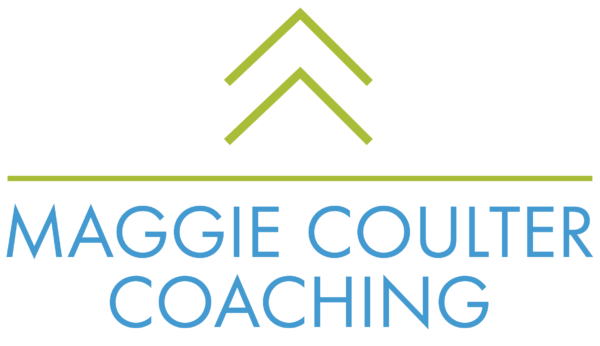Under(water) Pressure
The situation:
A couple of years ago, I took up swimming for exercise. I’d struggled with a bad back for a number of years and when a chiropractor suggested I strengthen my core with front crawl and backstroke, I decided to give it a try. Little did I know how much I would learn about myself when I purchased a ten-swim pass at my local community pool.
For those of you who don’t frequent your community pool, they can be intimidating for a first-timer. There are different lanes for different swim speeds, and within each of those lanes, each swimmer keeps their own pace. Some say you’re supposed to let a faster swimmer pass you once you reach the wall, yet in the fastest lane, swimmers will pass you at any point in the water – and they may just swamp you in their wake.
Regular “fights” break out at my pool; usually older men arguing with younger ones who are faster and less considerate about who they splash in the face with an aggressive flip-turn at the wall. Once I was told off for swimming breaststroke by a bearded hipster who was of the opinion that breaststroke was only for grannies (yet it’s my fastest stroke).
Due to the constant tension created by people density, lane politics and the struggle to breathe without inhaling a mouthful of water, I was often very anxious as I swam. My chest tightened and I couldn’t relax as the water churned around me.
The opportunity:
At first, I tried not to think about how anxious I felt, focusing instead on trying to keep up with those in my lane, as well as counting and timing my lengths. I thought about how great it would be to increase my swim length over time and advance to the fastest lane on a regular basis, hoping to inspire myself with future goals. However, these did nothing to enhance my experience; rather, the added pressure to meet those targets amidst the chaos of lane-fighting and butterfly stroke-induced tsunamis only made my anxiety worse.
I soon realized that the swimming pool was a greater metaphor for my experience of life. There are those in the fast lane who are intent on their own progress and don’t seem to care about others, just as there have been in my work and some personal relationships. Their single-minded competitiveness dominates the fast lane, and they bully detractors to the sides. I’ve purposely avoided situations like this for fear of being criticized for not keeping pace or otherwise being threatened.
I also became aware that when I’m focused on the number of lengths I’m swimming and how long I’m in the pool, it takes away from the quality of my swim. If you’re going to be in the fast lane, your attention has to be on the effectiveness of your strokes and who’s coming up behind you, so you can adjust your speed or take a break if necessary. I become too overwhelmed when I’m doing all of that and worrying about how many minutes and lengths I’ve clocked in the pool. Similarly throughout my career, my attention has been primarily focused on status and income instead of where it can have the most influence: the quality of my efforts and responding to what’s going on around me with increased awareness.
With each stroke, I’ve learned more about my perspectives on life and the decisions I’ve made accordingly.
The practice:
I adopted two practices as a result of these insights. First, I’ve simply noticed my anxiety instead of ignoring it – so when my chest tightens and it’s a little hard to breathe in the beginning of my swim, I acknowledge these sensations and try not to judge myself for them. Sometimes I think about how the atmosphere in the pool is contributing to my feeling that way in that moment.
Next, I don’t count my lengths or time my swims anymore. I focus my attention where it can benefit me the most: on the quality of my strokes and the varying skill and speed levels of those in my lane. It’s made my swims so much more enjoyable, and I continue to improve all the time. Competition may drive others, but quality and progress is what motivates me to keep getting back in the pool (and for those with bad backs, it works wonders).
For your own reflection:
- Which activity acts a a greater metaphor for your life?
- How are your own expectations enhancing or hindering your experience in that moment?
- What new choice can you make to improve the quality of your experience?
